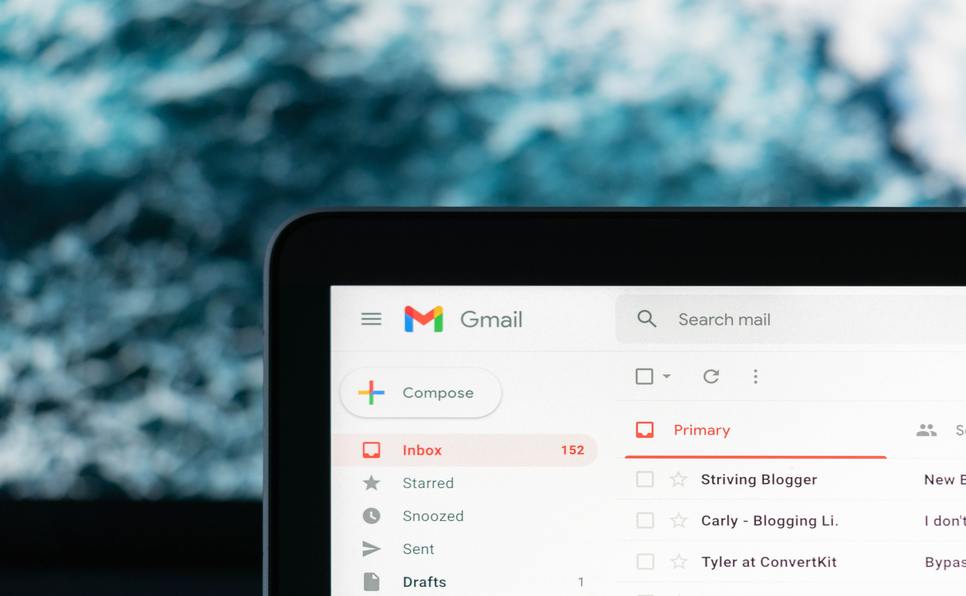There are two schools of thought when it comes to personalizing your query letter. One is to absolutely personalize your query letter so that the literary agent sees that you have taken the time to add a personal touch and feels a genuine connection with you. It shows that you’ve researched them individually and are not submitting blindly. The other is simply: don’t do it. Why? Because literary agents see hundreds, possibly thousands, maybe even millions (depending on how long they’ve been in the agenting business) of query letters clogging up their inbox. A personalization could be seen as wasted space before you get to the good stuff: your story.
In theory, literary agents should be more likely to read personalized query letters, provided they are done correctly. So how can you personalize your query letter enough to stand out, but not so much that you look like a stalker or irritate them? It’s a fine line. You want to be remembered, but in the right way. Below are some tips on how to—and how not to—personalize your query letter.
Get the agent’s name right
You must address the agent you’re querying by name. Never use generic greetings such as “To whom it may concern” or “Dear Sir/Madam.” So cold. And please, please don’t address multiple agents or worse, “agency”. Nobody will read your query letter. Instead, use their first name (or however they have listed it on the agency’s website), and take extra care and attention to spell it correctly. Do not abbreviate—if their name is Jennifer, don’t address them as Jen. If you misspell their name, they’ll assume that lack of attention to detail will spill over into your query letter and consequently, your manuscript. Or they’ll just think you’re churning out query letters left, right and center—not the best way to make them feel special and wanted. Think about how you feel if someone gets your name wrong. It stings a little!
Include your personalization right at the start
After you’ve addressed them by their correctly spelled name, use the next line to share straight away what your connection is. This is usually a standalone one-liner that explains why you’re querying just them, and it comes just before you dive into your query letter hook and subsequent paragraphs about your novel.
Explain why you chose this particular agent
Don’t just say you found them on Google or on their agency’s website. Of course you did. So did the world and his wife. However, if you demonstrate that you’ve carefully researched their requirements on Twitter (without being a stalker) or combed through their manuscript wish list (#MSWL) and found synergy, it can show why you have actively chosen them to query over another agent at the same agency—especially since a “no” from one agent usually means a “no” from the entire agency. You need to pick the right one!
Reference similar books
Do they represent an author whose work you absolutely love? Say this. Have you recently read one of their author’s books and thought, wait a minute, this is very similar to mine? Great. Personalize your query letter by referencing books that the agent has previously represented or published, or even books that they say they wish they would have represented. This shows that you have done your research and are familiar with their taste and style. It also helps the agent visualize how your work fits into their list.
Personal connections matter
Another way to personalize your query letter could be by mentioning a personal connection, such as an introduction through one of their other authors, or mentioning a conference where you saw them speak, or including that you met at a pitch fest and they requested pages from you, or honestly, any mutual connection, as long as it isn’t tenuous. Some agents even ask you to include how and where you’ve met before in your email subject line, so that they can easily find your query and push you to the top of their slush pile. Publishing can be about who you know, as long as you don’t abuse it.
Do your research
Read their personal website, any blogs that they have written for, read or watch any interviews they might have done with journalists, magazines, or publishing trades, and check their social media accounts to get a sense of what they are looking for and what they have already published. Say things like: “I read your interview on [blog name] and you said you were looking for a dark psychological suspense that keeps you up at night, so here’s my dark psychological suspense that keeps you up at night.” This will help you tailor your query letter to their specific interests and requirements, and it shows that you are exactly matching what you have to what they want.
Personalize your query letter with something meaningful
Your personalization needs to be meaningful and genuine. If it’s irrelevant, too generic, too gushing, too stalker-ish, or even too personal then don’t bother. Better to omit than waste space. Don’t say you have the same hair color so knew you were meant to be, or you heard they like books, or that you heard they’re looking for new voices (every querying writer is a new voice!), or say that they’re probably too busy or important to remember you, or tell them they’re the best in the business, or say that you can make them a lot of money, or say you heard they just got divorced so could do with a pick-me-up, or tell them something they already know. In other words: use logic! It’s not rocket science. Remember, personalization is an optional component of a query letter. It’s just one line, but it’s a valuable line squeezed into an already crowded document of only 250-350 words. If in doubt, don’t.
Agent research takes time
Say you query 100+ agents (see my advice on how many literary agents you should query before you stop). That’s 100+ nuggets of personal info to uncover about each agent! Are there any shortcuts? Nope. It’s time consuming and tedious. But it can prove worth it.
Not all agents are alike
Some agents appreciate it when you’ve read their blog or read an interview with them. Some love you reading their clients’ books. Some appreciate a nod to a Twitter post or a response to a pitch fest. Some hate any kind of personalization. Some skim past it. You’re not going to win over an agent with the personalization alone, so don’t bother trying to second guess it.
Personalize your query letter: Yes or no?
Maybe. This is publishing. You didn’t think it would be that straightforward, did you? Your sole aim of your query letter is to get a literary agent to request to read more material. If a personalized touch can help you? Great. If not? Also, great.
Recommended reading
Here at Aspiring Author, we love recommending bestsellers and fawning over hot new releases. On this real time recommended reading list, you will find a list of top rated books on the publishing industry, craft, and other books to help you elevate your writing career.









